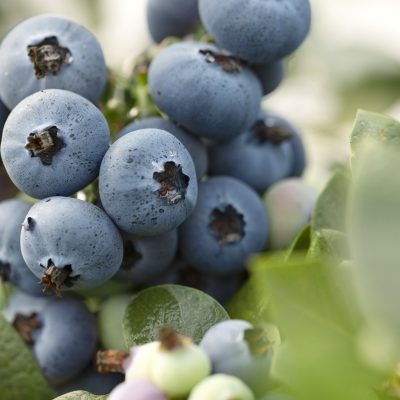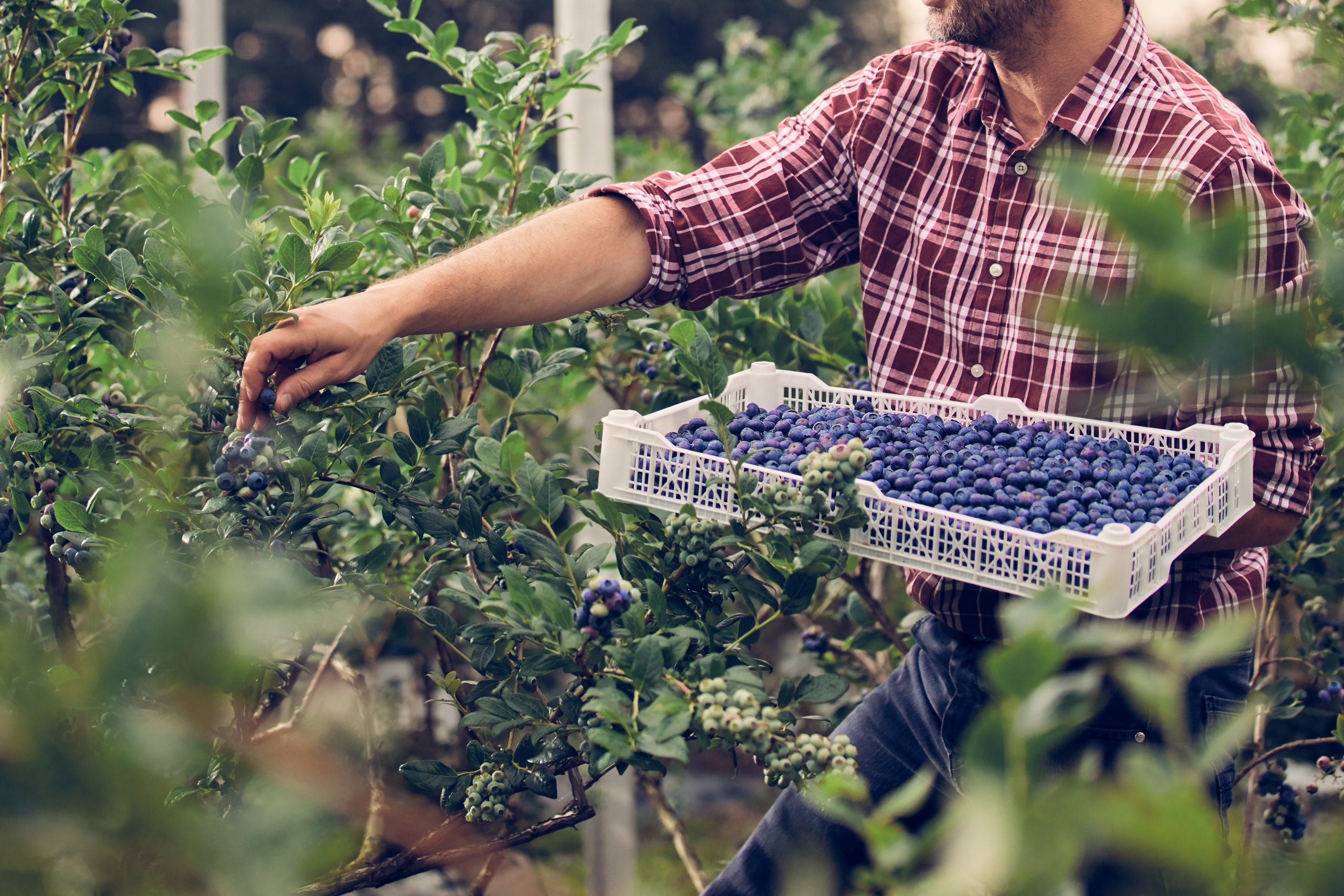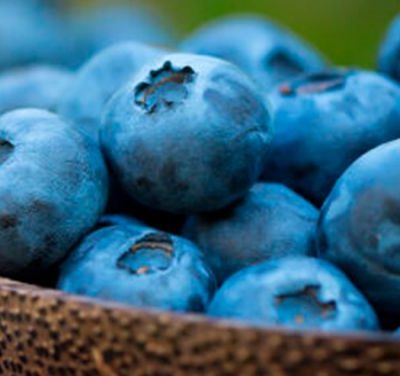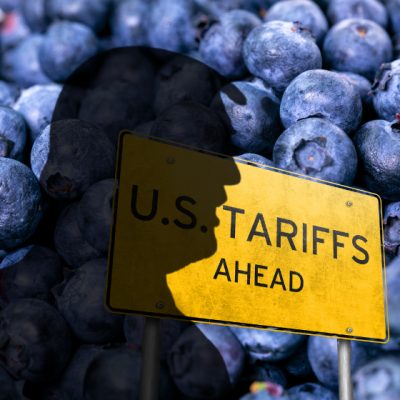Washington State and British Columbia set for record blueberry harvest
Bumper blueberry crops are expected in Washington State and British Colombia this season, due to good weather conditions and a desire to meet an ever-increasing demand for the healthly fruit.
With the harvest just a few weeks away, Washington Blueberry Commission president Alan Schreiber said although it is too early to be certain, he predicts around 90 million pounds of blueberries will be grown this year, up 10 million pounds from last year.
“It’s early to say much, and it involves speculation, but assuming Western Washington comes through with a decent pollination season, we could have a bumper crop this year,” Schreiber told www.freshfruitportal.com.
Around 40%of the state’s total blueberry production comes from farms located in the east, which has benefitted from almost perfect weather over the last couple of months. This should allow for the blueberries to be picked sooner than normal
“We’ve had near ideal conditions in Eastern Washington. I’d say we’re probably two or three days early,” Schreiber added.
The season is also coming along nicely further up the West Coast of North America in British Colombia (BC). Although BC Blueberry Council executive director Debbie Etsell also remains cautious with her expectations, she is also relatively confident for a record level of production this season.
“We’re in bloom right now, so it’s hard for us to say. There’s still quite a bit of time for things to happen,” Etsell said.
“But at the moment it looks like we’re going to have a larger crop. Last year was 120 million pounds, and we expect this year to be higher than that.”
Washington and British Colombia are two of the largest blueberry growing regions in North America, and have been steadily increasing their production over the last few years.
Washington’s total crop grew by 31% from 2011 to 2013, while British Colombia grew by 26% over the same period.
Much of this increase is due to consumers’ ever-growing appetite for blueberries, which have gained an excellent reputation as the go-to health fruit for many.
Despite the fruit’s soaring popularity throughout the world, there have been some concerns of overproduction in the industry.
Etsell seems relatively optimistic that growers in BC should not encounter any major problems, but she does have a couple of reservations about the global market due to more and more blueberries being grown throughout the world.
“There’s definitely interest and demand, but as we all know the global production is increasing as well. But there are markets, definitely.”
These concerns are not shared by Schreiber, however, who seems confident there will be plenty of demand for the berries.
“Demand is keeping pace with our increased production. There seems to be a demand and appetite for everything we can produce,” he said.
Throughout other parts of the U.S., the coming blueberry season looks as though there should not be any major problems with production. US Highbush Blueberry Council executive director Mark Villata said that apart from a few issues with the drought in California, weather conditions have been favorable.
“Overall it seems that weather has been positive, the berries came through the winter in good shape,” Villata said.
“There have been some concerns in California where they had some drought conditions, but we hear there will be enough water. So they should get through the harvest season in good shape. It looks like it will be another good year.”
Washington organic blueberries
In the state of Washington, Schreiber claims an impressive 75% of total fresh blueberry production is organic, much higher than industry averages.
This puts the state’s blueberry growers in an excellent position going into the market this season, as U.S. consumers’ appetite for organic produce continues to soar. A recent survey from the Organic Trade Association reported that the U.S. organic fruit and vegetable market has just reached a staggering US$35.1 billion.
One of the leading organic blueberry producers in the state is Rainier Fruit Company, which is expecting around 7 million pounds of the fruit this season. The company’s organic fruit and blueberries sales manager Blake Belknap explained that the climate in parts of the region is particularly favorable for growing organic fruit.
“Eastern Washington isn’t very humid, there aren’t many pests like there would be in other states. So because it’s so dry we don’t have the pest pressure, and can grow organic blueberries better. Some of the newer varieties help too,” Belknap said.
Fresh Fruit Portal




